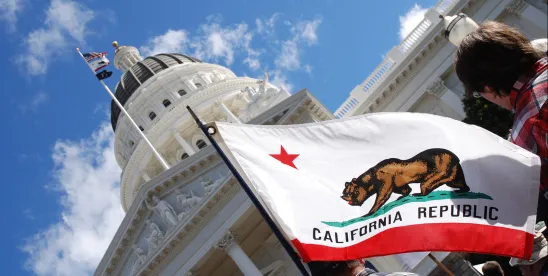The California Labor & Workforce Development Agency (LWDA) recently published Frequently Asked Questions (FAQ) on the Private Attorneys General Act (PAGA), providing an overview of the complicated law and the recent amendments.
The FAQ covers PAGA basics and provides guidance to employers on the new procedures introduced by the recent amendments.
Covered Employers
The FAQ specifies only private employers are subject to PAGA lawsuits. This was also discussed in the California Supreme Court decision in Stone v. Alameda Health System.
PAGA Recovery
The FAQ reviews what is recoverable under PAGA. Under PAGA, a plaintiff seeks penalties for alleged labor code violations, with the amount depending on the type of violation. The penalties fund enforcement of labor laws and education for employers and employees. For notices filed before June 19, 2024, 75% of the penalties go to the State of California and 25% to the aggrieved employees. For notices filed on or after this date, the allocation changes to 65% for the state and 35% for employees.
Additionally, courts may order employers to cease unlawful practices.
If employers took reasonable steps to comply with the law before receiving a notice, penalties can be reduced to 15% or 30% if they comply within 60 days, with certain exceptions.
Cure Process
The FAQ addresses the cure processes for employers. The recent amendments allow employers to fix certain violations during the notice period, avoiding lawsuits and penalties. Starting June 19, 2024, the list of curable violations includes minimum wage, overtime, meal breaks, expense reimbursement, and wage statement requirements. Cure proposals, treated as confidential, must be submitted online via the PAGA Filing Portal.
Before October 1, 2024, employers were required notify employees and the LWDA within 33 days of a PAGA notice. From October 1, 2024, all employers can cure wage statement violations, while those with fewer than 100 workers can propose cures for other issues. The LWDA will review proposed cures and may hold conferences. If not resolved, employees can file PAGA lawsuits. Appeals can be made to the Superior Court.
Effective Cure
The FAQ details what is required under the statute for a cure, including correcting the alleged violation and making the aggrieved employee whole. The FAQ lists what must be included for unpaid wages and wage statement cures.
Explanation of Early Evaluation Conference
The FAQ also discusses the new early evaluation conference from the recent amendments. Employers with at least 100 employees can request this conference and a stay of court proceedings when served with a summons and complaint. Overseen by a neutral evaluator, this process aims to resolve disputes early in court, separate from the LWDA’s administrative cure process.
Though not detailed in the FAQ, employers with less than 100 employees can also make use of the stay and early evaluation conference, but must first submit to the LWDA for consideration of proposed cure plans and related information.





 />i
/>i

